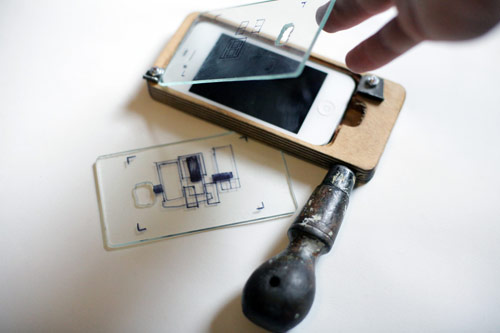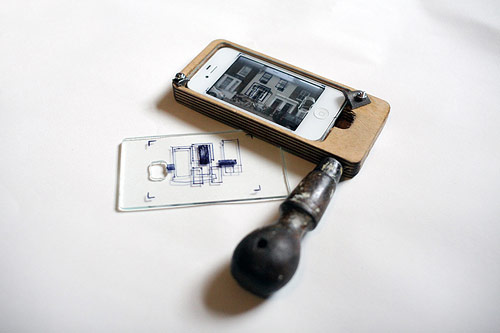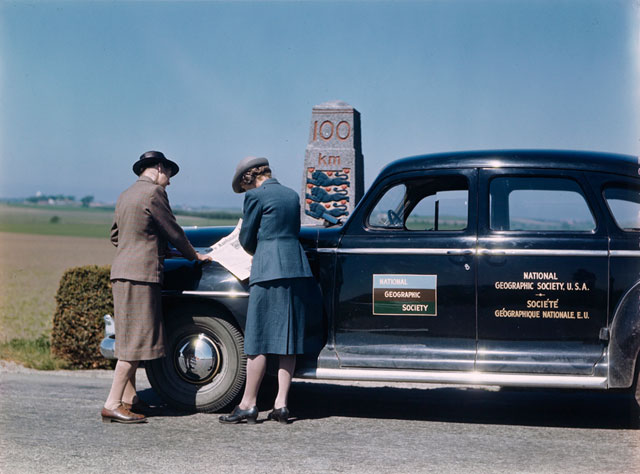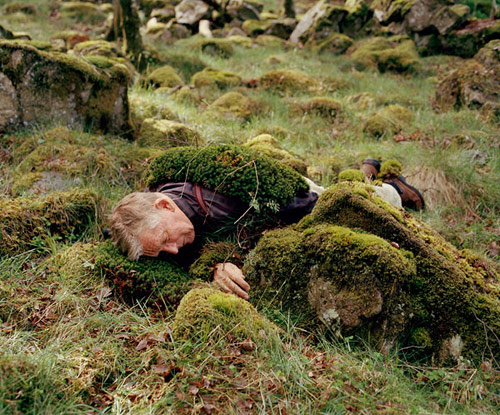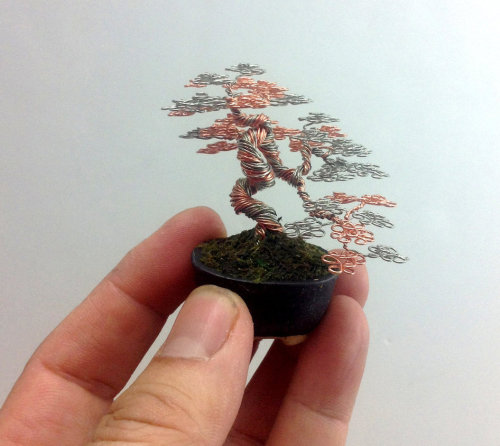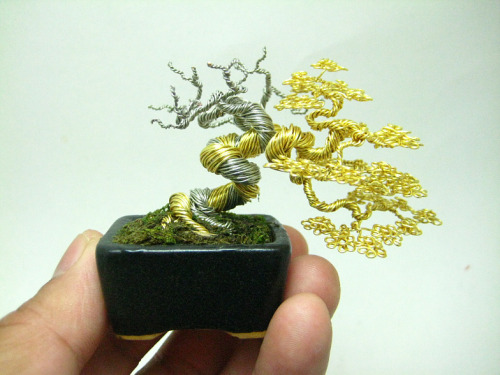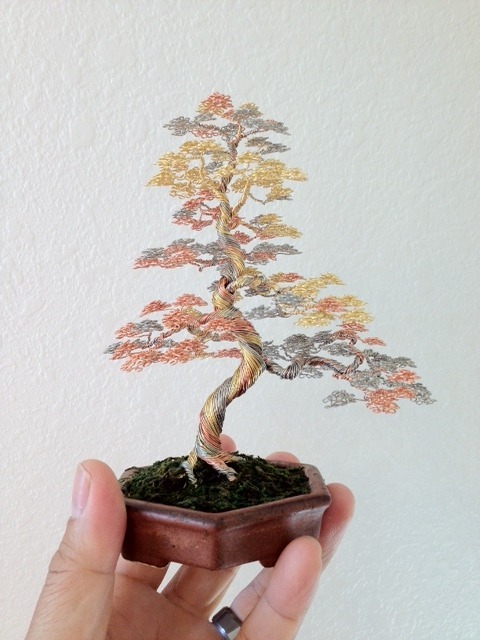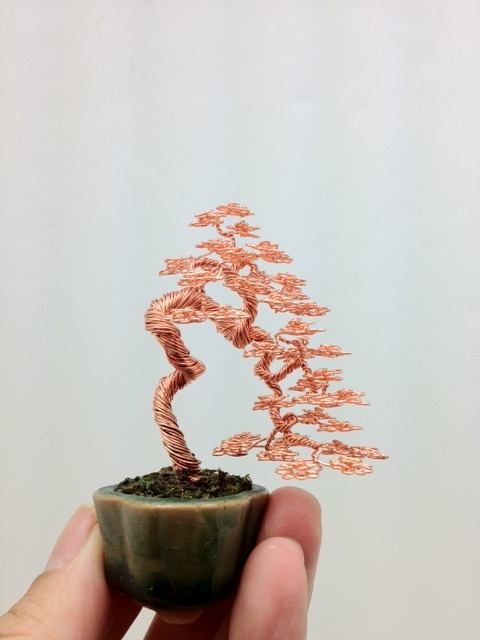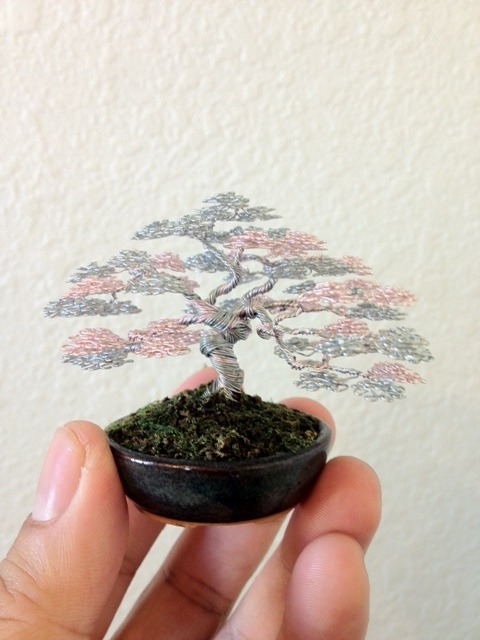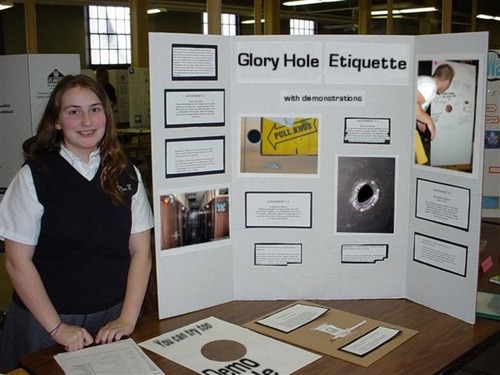On Friday Jason Kottke recommended the audio version of Charlotte's Web read by EB White himself. We happened to have a long drive that night and took it for a listen. The audiobook is simply produced without fussy music or sound effects, it's just White reading and it's wonderful.
To get a sense of White's voice, you can check out this Academy award nominated short The Family That Dwelt Apart; it's an adaptation of one of his New Yorker short stories and is also self-narrated.
And since we're on a White kick, fans might also enjoy this 1970's era form letter to his young readers.
Dear Reader:
I receive many letters from children and can't answer them all -- there wouldn't be time enough in a day. That is why I am sending you this printed reply to your letter. I'll try to answer some of the questions that are commonly asked.
Where did I get the idea for Stuart Little and for Charlotte's Web? Well, many years ago I went to bed one night in a railway sleeping car, and during the night I dreamed about a tiny boy who acted rather like a mouse. That's how the story of Stuart Little got started.
As for Charlotte's Web, I like animals and my barn is a very pleasant place to be, at all hours. One day when I was on my way to feed the pig, I began feeling sorry for the pig because, like most pigs, he was doomed to die. This made me sad. So I started thinking of ways to save a pig's life. I had been watching a big grey spider at her work and was impressed by how clever she was at weaving. Gradually I worked the spider into the story that you know, a story of friendship and salvation on a farm. Three years after I started writing it, it was published. (I am not a fast worker, as you can see.)
Sometimes I'm asked how old I was when I started to write, and what made me want to write. I started early -- as soon as I could spell. In fact, I can't remember any time in my life when I wasn't busy writing. I don't know what caused me to do it, or why I enjoyed it, but I think children often find pleasure and satisfaction is trying to set their thoughts down on paper, either in words or in pictures. I was no good at drawing, so I used words instead. As I grew older, I found that writing can be a way of earning a living.
Some of my readers want me to visit their school. Some want me to send a picture, or an autograph, or a book. And some ask questions about my family and my animals and my pets. Much as I'd like to, I can't go visiting. I can't send books, either -- you can find them in a bookstore or a library. Many children assume that a writer owns (or even makes) his own books. This is not true -- books are made by the publisher. If a writer wants a copy, he must buy it. That's why I can't send books. And I do not send autographs -- I leave that to the movie stars. I live most of the year in the country, in New England. From our windows we can look out at the sea and the mountains. I live near my married son and three grandchildren.
Are my stories true, you ask? No, they are imaginary tales, containing fantastic characters and events. In real life, a family doesn't have a child who looks like a mouse; in real life, a spider doesn't spin words in her web. In real life, a swan doesn't blow a trumpet. But real life is only one kind of life -- there is also the life of the imagination. And although my stories are imaginary, I like to think that there is some truth in them, too -- truth about the way people and animals feel and think and act.
Yours sincerely,
E.B. White
Filed under: on kidsTags: charlotte's web,
children's books,
eb white,
garth williams,
letters
Sponsored by:
TWO BLUE CARS: Robots, Garbage Trucks, Diggers. Shirts boys love.
